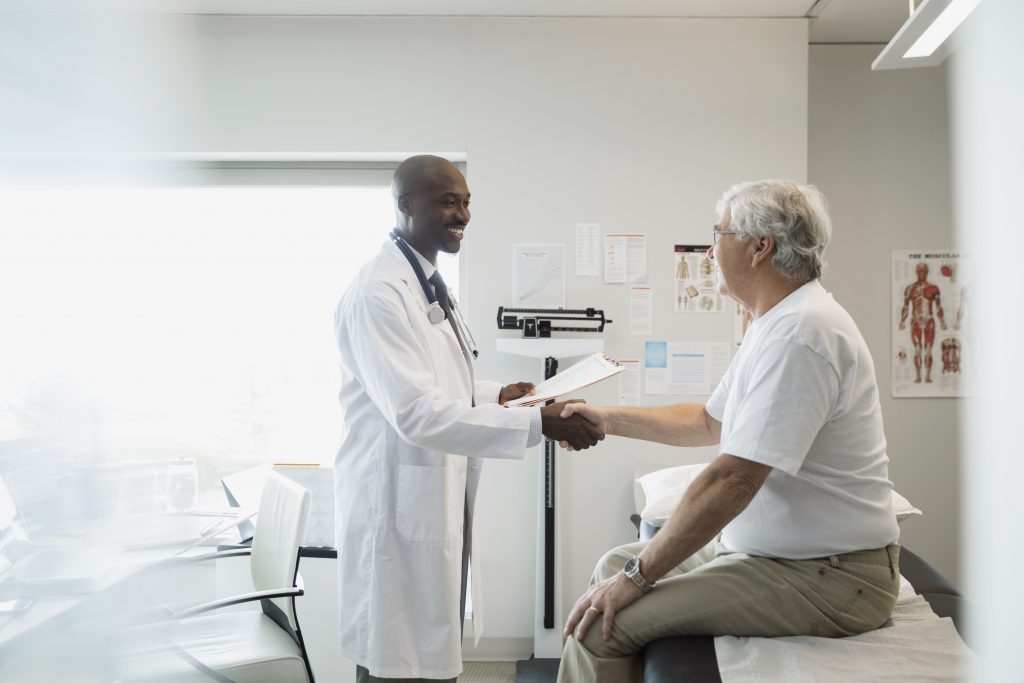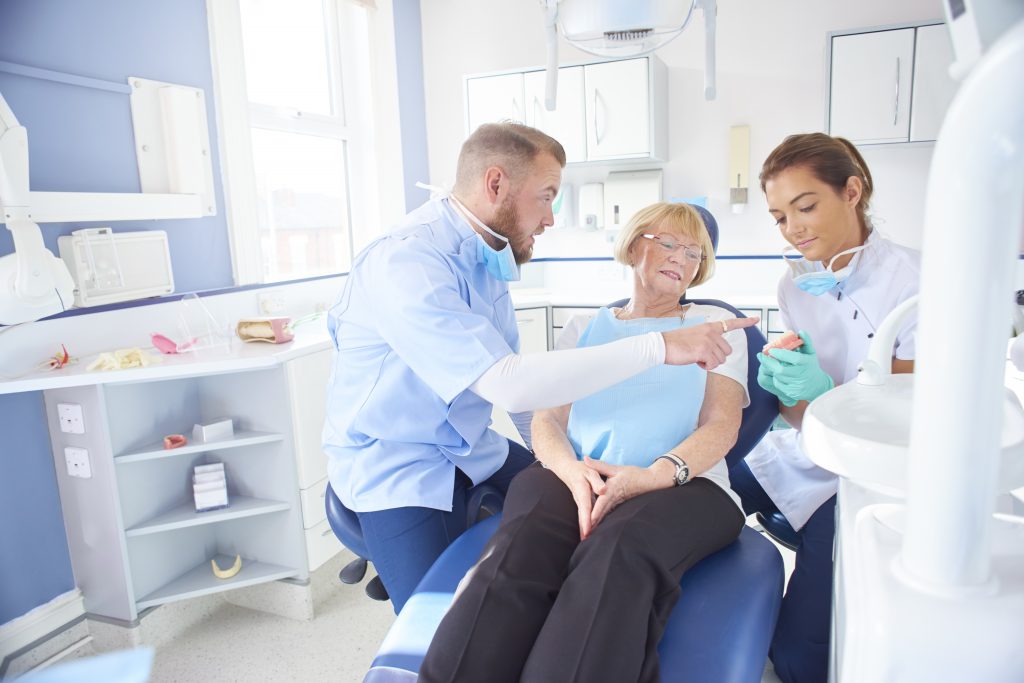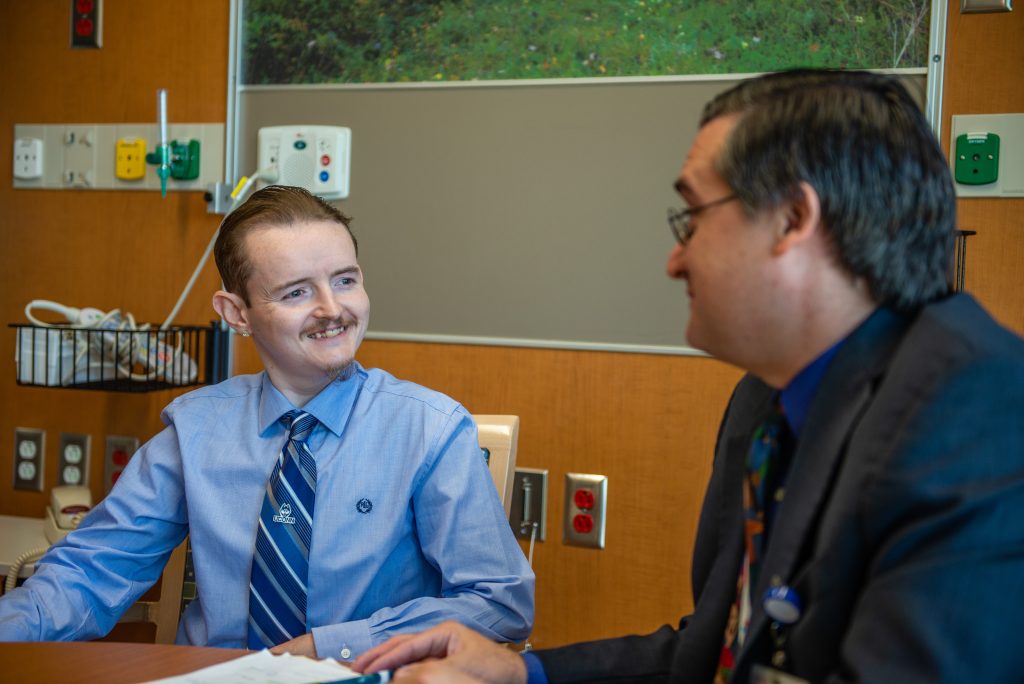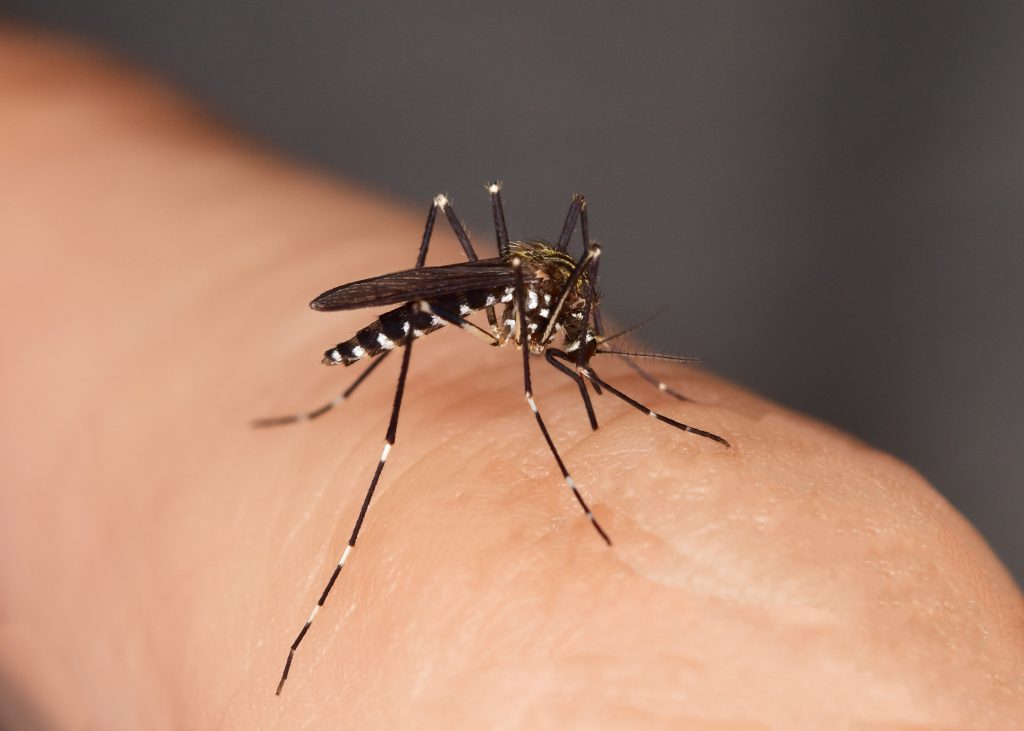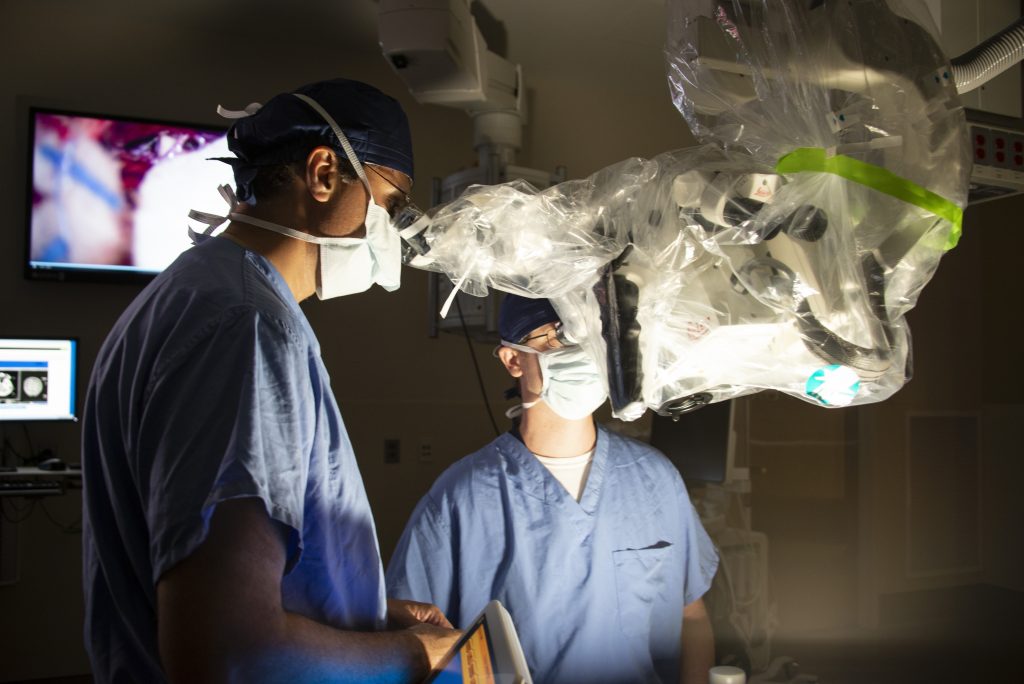Health & Well-Being
UConn Joins State to Deliver Transparency for Health Care Costs
Developed by Alan Fontes of the School of Nursing, the interactive website allows consumers and providers to search, sort, and filter by provider, location, health measure, network quality rating, and cost of treatment.
October 8, 2019 | Combined Reports
Community Conversations Allow UConn Health to ‘Reach the Unreachable’
Navigating the healthcare system sometimes begins with securing the basic need of transportation to the medical center. Through its community outreach, UConn Health facilitates that process.
October 1, 2019 | Delker Vardilos
Op-ed: Why Cheaper Drugs from Canada Likely Won’t Cure What Ails U.S.
Importation would result in safety issues, including the loss of an accurate way to track negative drug side effects after drugs reach the market, writes C. Michael White of pharmacy.
October 1, 2019 | C. Michael White, professor and head of the Department of Pharmacy Practice
Countermeasures for Qatar
Athletes are experiencing extreme heat at the international track and field events in Doha, Qatar. UConn's Korey Stringer Institute shares the latest science on avoiding exertional heat stroke.
September 30, 2019 | Elaina Hancock
As We Age, Oral Health Plays Increasing Role in Overall Health
In the Journal of the American Geriatrics Society, UConn Health experts cite the role of all health care professionals in working to promote good oral hygiene in the elderly population.
September 26, 2019 | Courtney Chandler
Meet the Researcher: Chelsea Garcia ’20, Nutritional Sciences
“I want to continue to do research and relay those findings to the public with the hopes of having a positive impact,” says Chelsea Garcia '20 (CAHNR).
September 25, 2019 | Anna Zarra Aldrich '20 (CLAS), Office of the Vice President for Research
World’s First Gene Therapy for Glycogen Storage Disease Produces Remarkable Results
The clinical trial originally set out to simply test the safety and dosage of the gene therapy for three patients with GSD Type Ia. The dramatic improvement in their lives was unexpected.
September 19, 2019 | Lauren Woods
Anemia May Contribute to the Spread of Dengue Fever
Understanding how dengue is transmitted will help scientists develop new ways to control the disease, and possibly control similar viruses such as Zika and West Nile virus, says Penghua Wang of UConn Health.
September 16, 2019 | Kim Krieger
Home-based Treatments Improve Mobility in Older Adults With Fractured Hips
Patients recovering from hip fractures achieved success with regular weekly home visits by a physical therapist over a 16-week period, according to the study in JAMA.
September 10, 2019 | Combined Reports
Neurosurgery Residency Places UConn Health in Exclusive Group
UConn Health "is positioned to train the next generation of leaders in neurological surgery, who I’m convinced will one day find solutions for problems that perplex us today," says Dr. Ketan Bulsara, chief of the division of neurosurgery.
September 5, 2019 | Chris DeFrancesco '94 (CLAS)
